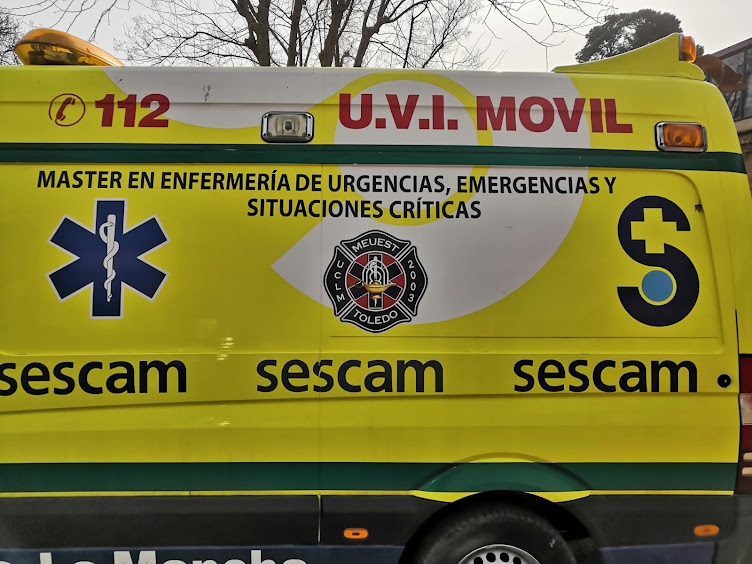
Según publica un estudio de la revista " Brain " (*) comandado por el Dr. Louis De Beaumont - Canadá - los efectos tardíos de una conmoción cerebral " pueden causar alteraciones en las funciones motoras y cognitivas a medida que la persona envejece" a 30 años vista.
Hasta ahora se habían estudiado los efectos de los TCE justo inmediatamente después de la lesión o un poco tiempo después.
Pero en un estudio con EX-Deportistas que habían sufrido una o varias contusiones importantes a lo largo de su carrera deportiva a 30 años vista,
se evidencian un rendimiento más pobre en las pruebas de memoria, retraso en las respuestas a eventos impredecibles y no lograron completar rápidamente las pruebas de control de las manos.
Los autores instan a investigar si estas deficiencias tienen que ver con la manera en que se trataron las lesiones en primera instancia.
Creen que mucha gente es dada de alta sin recibir información sobre potenciales efectos adversos a largo plazo.
(*) http://brain.oxfordjournals.org/
(**) http://brain.oxfordjournals.org/cgi/...bstract/awn347
Brain function decline in healthy retired athletes who sustained their last sports concussion in early adulthood
Louis De Beaumont1, Hugo Théoret1, David Mongeon2, Julie Messier2, Suzanne Leclerc2,3, Sébastien Tremblay1, Dave Ellemberg1,2 and Maryse Lassonde1
1 Centre de recherche en neuropsychologie et cognition, Canada 2 Département de Kinésiologie, Canada 3 Clinique de Médecine du Sport, Université de Montréal, Montréal, Canada
Correspondence to: Louis De Beaumont, Pavillon Marie-Victorin, Département de Psychologie, Université de Montréal, CP 6128, Succ. Centre-Ville, Montréal, QC, Canada H3C 3J7 E-mail: louis.de.beaumont@umontreal.ca
Recent studies have shown that the detrimental effects of sports concussions on cognitive and motor function may persist up to a few years post-injury. The present study sought to investigate the effects of having sustained a sports concussion more than 30 years prior to testing on cognitive and motor functions. Nineteen healthy former athletes, in late adulthood (mean age = 60.79; SD = 5.16), who sustained their last sport-related concussion in early adulthood (mean age = 26.05; SD = 9.21) were compared with 21 healthy former athletes with no history of concussion (mean age = 58.89; SD = 9.07). Neuropsychological tests sensitive to age-related changes in cognition were administered. An auditory oddball paradigm was used to evoke P3a and P3b brain responses. Four TMS paradigms were employed to assess motor cortex excitability: (i) resting motor threshold; (ii) paired-pulse intracortical inhibition and intracortical facilitation; (iii) input/output curve and (iv) cortical silent period (CSP). A rapid alternating movement task was also used to characterize motor system dysfunctions. Relative to controls, former athletes with a history of concussion had: (i) lower performance on neuropsychological tests of episodic memory and response inhibition; (ii) significantly delayed and attenuated P3a/P3b components; (iii) significantly prolonged CSP and (iv) significantly reduced movement velocity (bradykinesia). The finding that the P3, the CSP as well as neuropsychological and motor indices were altered more than three decades post-concussion provides evidence for the chronicity of cognitive and motor system changes consecutive to sports concussion.
Key Words: sports concussion; aging; cognitive dysfunctions; motor cortex inhibition alterations; motor execution slowness; neuropsychology; transcranial magnetic stimulation; rapid alternation movements
Abbreviations: ADHD, attention-deficit hyperactivity disorder; CSP, cortical silent period; ERP, event-related potentials; EEG, electroencephalogram; FDI, first dorsal interosseus; ISI, interstimulus intervals; LED, light-emitting diodes; LOC, loss of consciousness; MCI, mild cognitive impairment; MT, motor threshold; NFT, neurofibrillary tangles; RAM, rapid alternating movement task; RCFT, Rey-Osterrieth Complex Figure Test; TBI, traumatic brain injury; TMS, transcranial magnetic stimulation
Received April 28, 2008. Revised November 17, 2008. Accepted November 26, 2008.

No hay comentarios:
Publicar un comentario